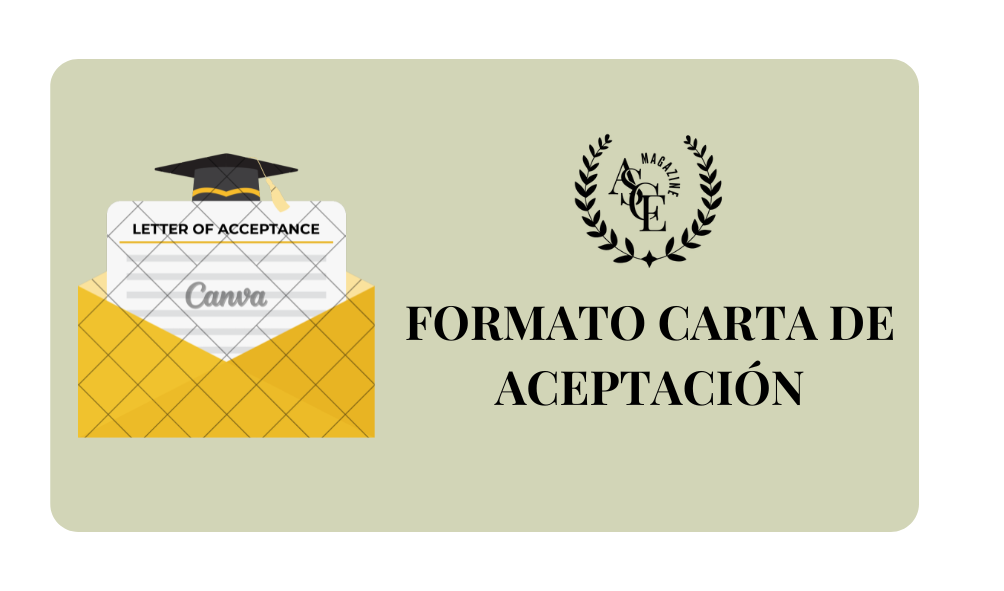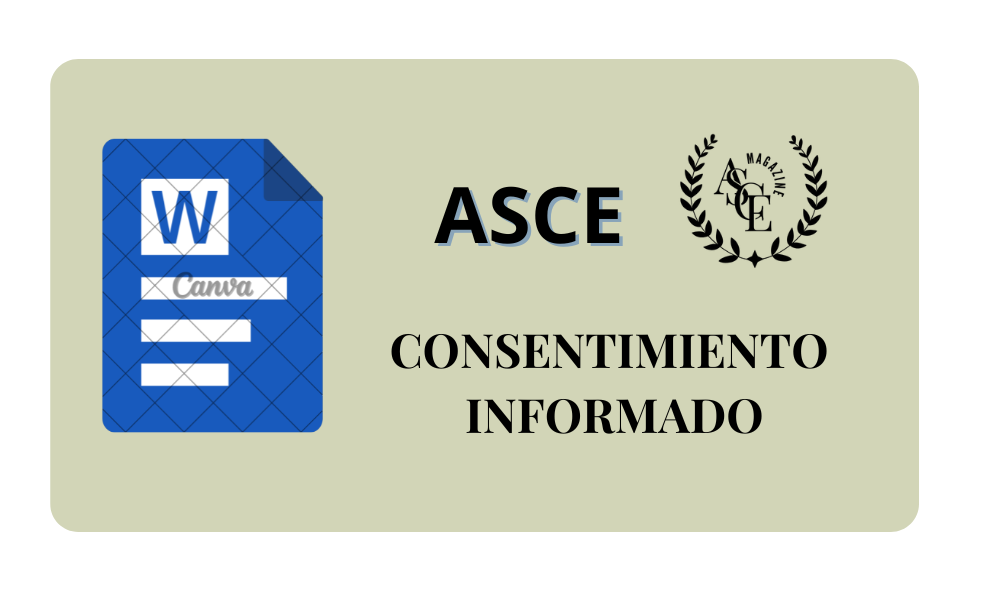Artificial Intelligence and Financial Accounting: A New Paradigm for Ecuadorian Companies
DOI:
https://doi.org/10.70577/asce.v4i4.490Keywords:
Artificial Intelligence, Accounting, Automation, Efficiency, Digital Economy, Technological Adoption.Abstract
The incorporation of Artificial Intelligence (AI) in financial accounting represents a major transformation in business processes, optimizing information management and strengthening strategic decision-making. In Ecuador, its adoption has progressively increased, although challenges related to training and technological adaptation persist. This research followed a qualitative approach, applying surveys to companies in the province of Cañar to analyze the impact of AI on accounting processes. The results reveal that most companies recognize the benefits of automation, particularly in reducing errors and recording times, although implementation costs and lack of specialized personnel remain as limitations. The discussion, consistent with the studies of Castillo and Cedeño (2023) and Ferreira da Silva, Miranda, and Angélico Gonçalves (2025), emphasizes that AI does not replace accounting professionals but enhances their analytical and strategic capabilities. In conclusion, the application of AI in Ecuadorian financial accounting significantly contributes to efficiency and accuracy in accounting management, promoting a transition toward more digital, competitive, and sustainable business models.
Downloads
References
Babbie, E. (2017). The Basics of Social Research (Séptima ed.). Cengage Learning.
Bernal, C. A. (2010). Metodología de la investigación: Administración, economía, humanidades y ciencias sociales (Tercera ed.). Pearson Educación.
Erazo, J., & Muñoz, S. (2023). Auditoría del futuro, la prospectiva y la inteligencia artificial para anticipar riesgos en las organizaciones. Revista Digital Novasinergia, 6(1). https://doi.org/10.37135/ns.01.11.07 DOI: https://doi.org/10.37135/ns.01.11.07
Frías, D., & Pascual, M. (2021). Diseño de la investigación, análisis y redacción de los resultados 2da Edición. Valencia: Universidad de Valencia.
García, E., & Torres, M. (2023). Impacto de la inteligencia artificial en la toma de decisiones contables. Revista Iberoamericana de Contabilidad, 11(3), 101-115. https://doi.org/10.12345/rico.113.2023
Hasan, A. (2022, Enero). Artificial Intelligence (AI) in Accounting & Auditing: A Literature Review. Open Journal of Business and Management,, 10(1). https://doi.org/10.4236/ojbm.2022.101026 DOI: https://doi.org/10.4236/ojbm.2022.101026
Hernández, R., Fernández, C., & Baptista, P. (2014). Metodología de la investigación (Sexta ed.). McGraw-Hill Interamericana.
International Federation of Accountants-IFAC. (2022). Artificial Intelligence and the Accountancy Profession. IFAC Publications. https://www.ifac.org/
Kumar, V., Dahiya, R., Dev, R., Sharma, A., & Sharma, A. (2024). Exploring the Role of Artificial Intelligence in Predictive Analytics for Financial Markets. 2024 International Conference on Computing, Sciences and Communications (ICCSC). https://doi.org/10.1109/ICCSC62048.2024.10830442 DOI: https://doi.org/10.1109/ICCSC62048.2024.10830442
Mediaty, M., Aini, I., Yansen, K., & Sutriani, S. (2024, Diciembre). Review of Artificial Intelligence In Accounting: Trends, Implementation and Implications. Journal of Accounting of Finance management, 5(5), 1146-1160. https://doi.org/10.38035/jafm.v5i5.1222 DOI: https://doi.org/10.38035/jafm.v5i5.1222
Odonkor, B., Kaggwa, S., Ugomma, P., Olanipekun, A., & Ajoke, O. (2024, Enero). The impact of AI on accounting practices: A review: Exploring how artificial intelligence is transforming traditional accounting methods and financial reporting. World Journal of Advanced Research and Reviews,, 21(1), 172-188. https://doi.org/10.30574/wjarr.2024.21.1.2721 DOI: https://doi.org/10.30574/wjarr.2024.21.1.2721
Sánchez, R. (2021). Contabilidad inteligente: una nueva era para la gestión financiera en América Latina. Revista Latinoamericana de Innovación Contable, 9(1), 58–70. https://revlatincontable.org
Downloads
Published
How to Cite
Issue
Section
License
Copyright (c) 2025 González Mejía, Silvana Lissette, Almeida Núñez, Francisco José, Moreno Alarcón, Dayana María, Onofre Cedeño, Alfredo Vicente, Romero Castro Gabriel Olmedo

This work is licensed under a Creative Commons Attribution-NonCommercial-ShareAlike 4.0 International License.
Eres libre de:
- Compartir : copiar y redistribuir el material en cualquier medio o formato
- Adaptar : remezclar, transformar y desarrollar el material
- El licenciante no puede revocar estas libertades siempre y cuando usted cumpla con los términos de la licencia.
En los siguientes términos:
- Atribución : Debe otorgar el crédito correspondiente , proporcionar un enlace a la licencia e indicar si se realizaron cambios . Puede hacerlo de cualquier manera razonable, pero no de ninguna manera que sugiera que el licenciante lo respalda a usted o a su uso.
- No comercial : no puede utilizar el material con fines comerciales .
- CompartirIgual — Si remezcla, transforma o construye sobre el material, debe distribuir sus contribuciones bajo la misma licencia que el original.
- Sin restricciones adicionales : no puede aplicar términos legales ni medidas tecnológicas que restrinjan legalmente a otros hacer algo que la licencia permite.





































